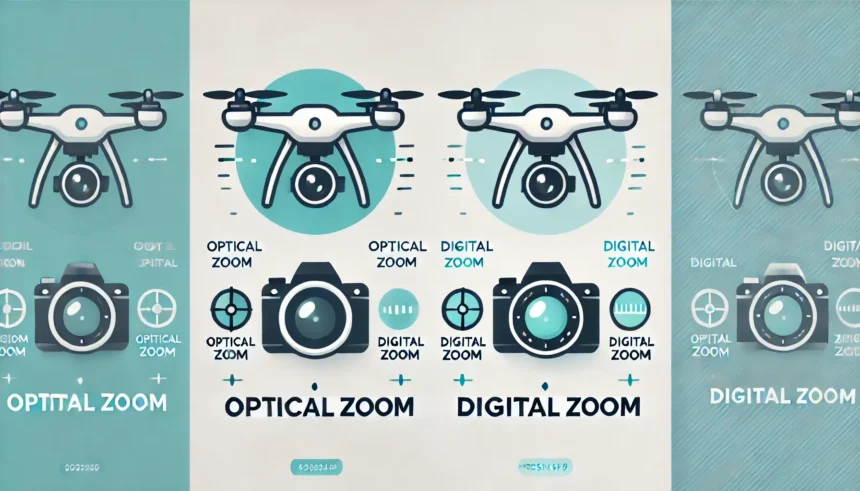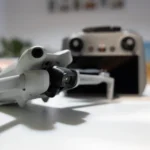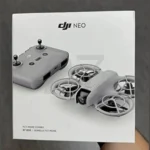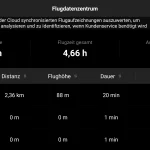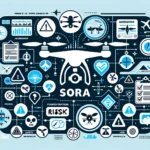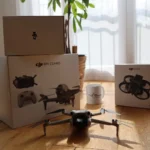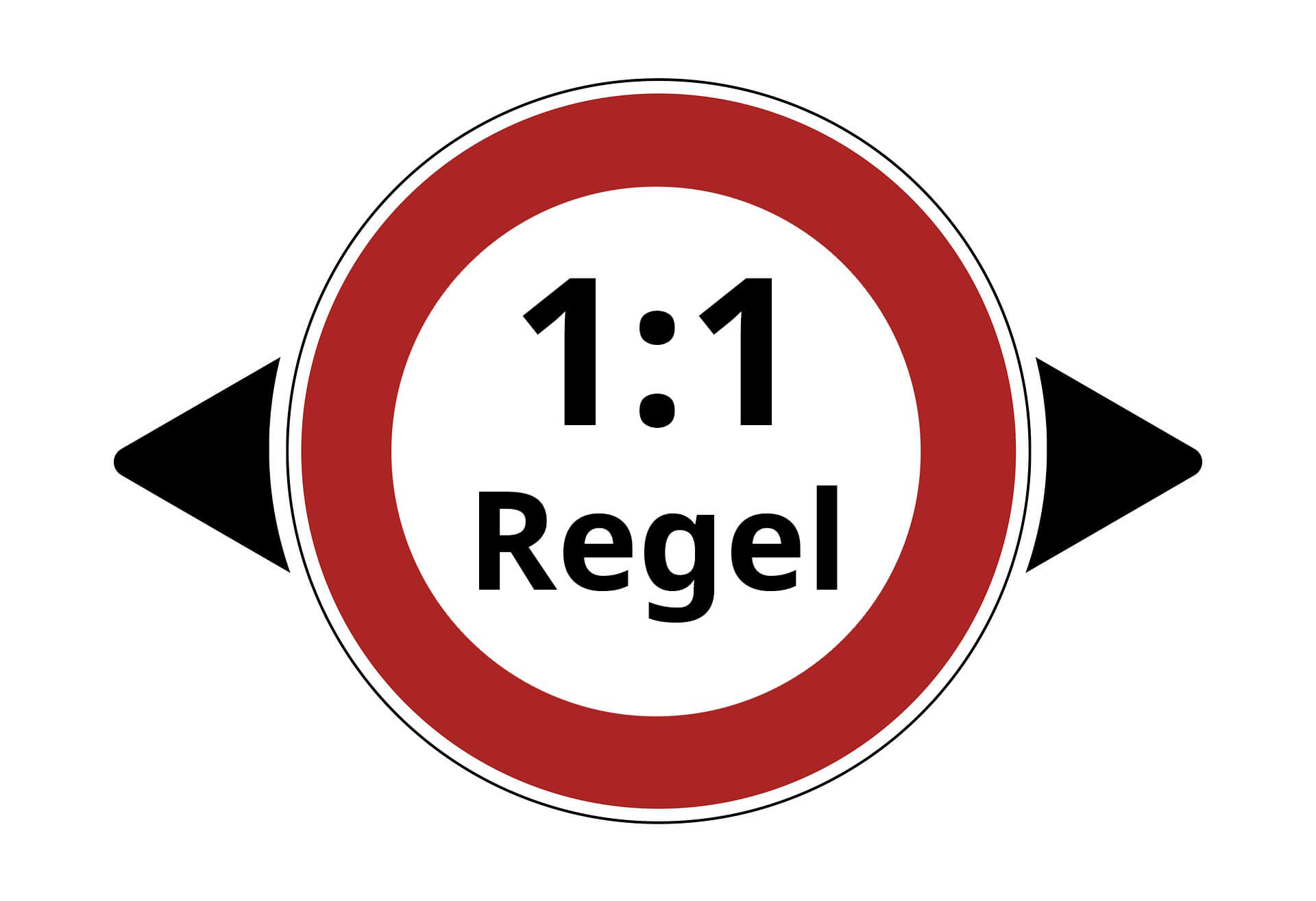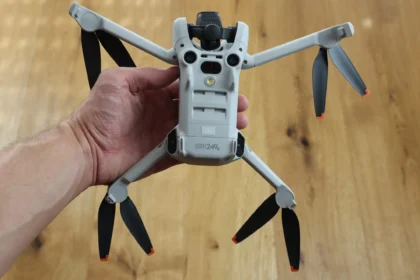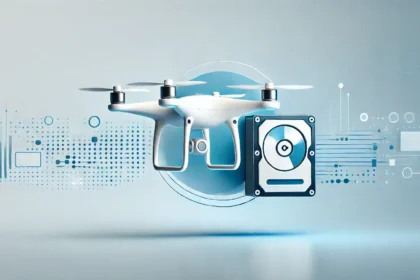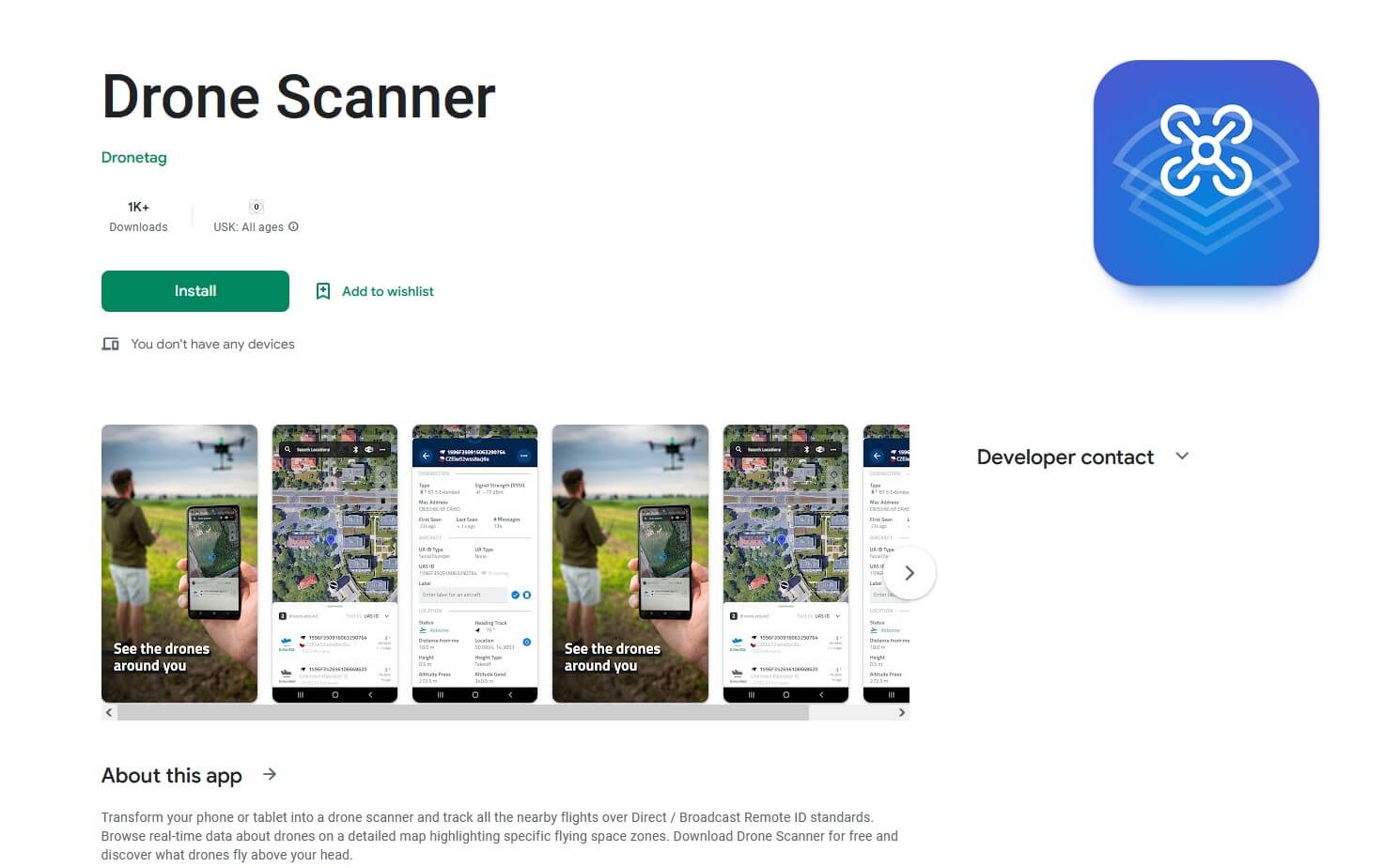As a drone pilot, you know that the functions of the camera can make a decisive difference to your shots. The choice between optical and digital zoom is a frequently discussed topic. We show you what the differences are and which zoom is the better one.
Optical zoom: the classic magnification
The optical zoom is the “real” zoom. Here, the subject is enlarged by the physical movement of the lenses within the camera lens. This means that the image quality is maintained because the camera actually moves closer to the subject. This is achieved by changing the focal length (distance between the lens and the focal point on the image sensor).
Advantages of the optical zoom
- High image quality: As there is no digital manipulation, the image quality is maintained even at high magnifications.
- Accuracy of detail: The finest details and textures are displayed sharply and clearly.
- Better in low light conditions: Optical zoom lenses often offer a higher light intensity, which is an advantage at dusk or in low light conditions.
Disadvantages of the optical zoom
- Size and weight: Zoom lenses are often heavier and larger, which must be taken into account when filming drones.
- Cost: High-quality zoom lenses can be expensive.
Digital zoom: flexibility at the touch of a button
With digital zoom, on the other hand, an image section is simply enlarged digitally. In other words, you simply cut out a section of the larger image, bringing the new section into focus. This is done using the camera’s software, which is identical to enlarging a photo on a computer. However, the image loses quality as a result, as the resolution of the new section is reduced in comparison to the entire image.
Advantages of the digital zoom
- Compact design: Cameras with digital zoom are often lighter and more compact.
- Price: Digital zoom functions are generally cheaper to manufacture and can therefore often be found in cheaper cameras.
Disadvantages of digital zoom
- Loss of image quality: As the digital zoom basically only “crops” the image, quality is often lost. The image can become pixelated and blurred.
- Limited possibilities: The digital zoom cannot achieve the level of detail of an optical zoom.
If the camera delivers a very high resolution and excellent image quality, the loss of quality with digital zoom can be negligible under certain circumstances.
Application in drone photography
The choice between optical and digital zoom plays a special role in drone photography. Here are some aspects that drone pilots should consider:
- Weight and flight time: optical zoom lenses are heavier, which can shorten the flight time of your drone. You need to find a compromise between image quality and flight time.
- Shooting scenario: Optical zoom lenses are more suitable for inspections and surveys where details are important. For marketing photos or less critical scenarios, a digital zoom may be sufficient.
- Cost-benefit ratio: Think about how often you really need the maximum zoom and whether it is worth investing in a more expensive zoom lens (or a drone with optical zoom).
In practice, many drone manufacturers only offer limited options when choosing the camera for a particular drone model. Only higher-priced models offer a separate zoom lens with optical zoom (from DJI Air 3). If you want to swap the entire camera, you have to go up a few price levels (DJI Inspire series and above).
Conclusion: Which zoom is right for you?
The decision between optical and digital zoom depends heavily on your individual requirements. If you need the highest image quality and attention to detail, there is no way around optical zoom. For more flexible and cost-effective applications, digital zoom may be sufficient.
In any case, it is important that you know your equipment and the specific requirements of your drone missions. This way, you can ensure that you always deliver the best shots and satisfy your customers.


